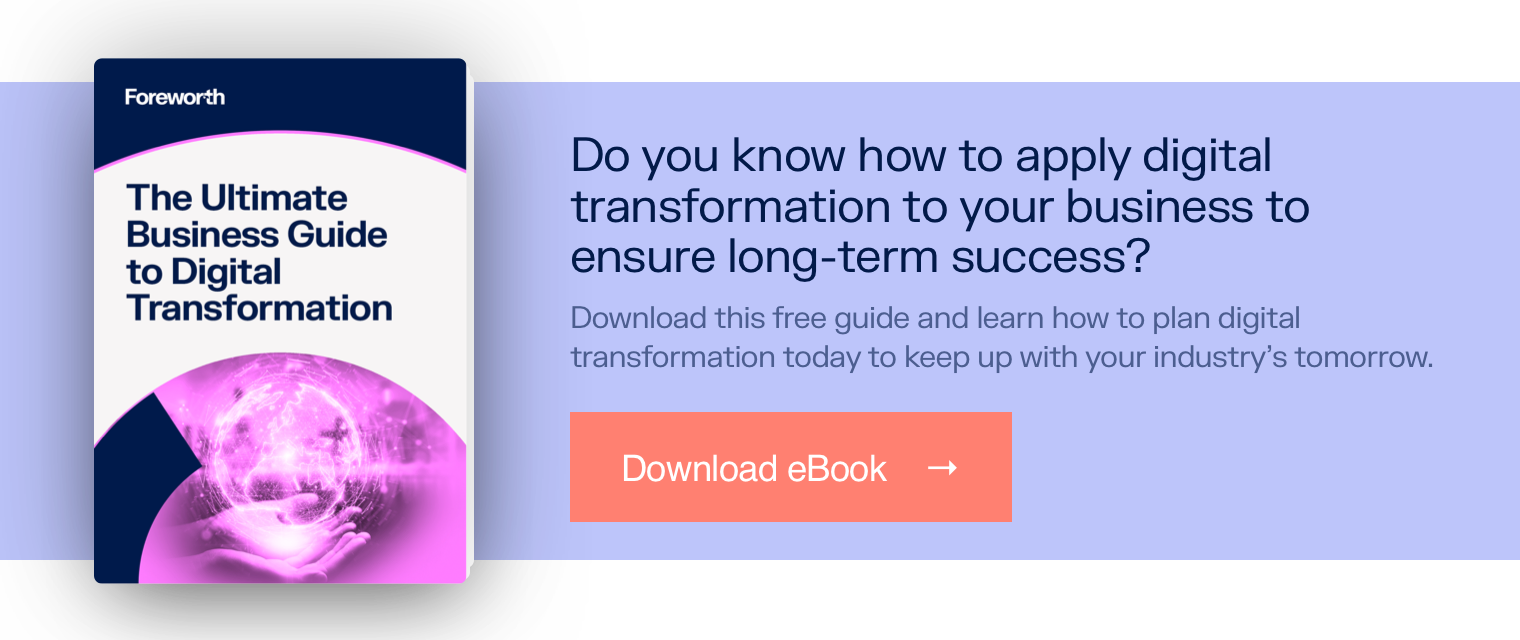Expanding any kind of business can be intimidating, especially with little financial support. Commercial finance can help business owners take their companies to the next level by injecting capital where and when it’s needed most.
However, not all business owners know what financing options are available to them or are able to use commercial finance effectively to grow revenue and avoid unnecessary debt.
This article will discuss the types of commercial finance options available and how business owners can start making the most of their financing options.
Types of commercial finance
Business owners have several different options available to them when it comes to commercial finance. Whether it’s small business loans, grants, or crowdfunding efforts, business owners may pursue one commercial finance avenue over another. Here is a quick guide on learning what financial options are available and which are most suitable for your business.
Small business loans
Small business loans are great for businesses that seek to partner with banks and lenders to help finance their growth operations. Business loans are specialist financial products issued based on criteria like a company’s current financial position, credit history, and financial track record. With this option, business owners can shop around for the best interest rates and loan awards, empowering them to make choices that best align with their business goals.
Invoice financing
Invoice financing is when business owners borrow against unpaid invoices. For example, a construction company may have completed the work and paid its contractors, but its client has a further 60 or 90 days to pay the invoice. By financing an invoice, businesses can access money earlier than the payment date and the lender collects a commission once the invoices are paid.
Business overdrafts
Business overdraft protection is a supportive option for businesses that need to make purchases but are limited by what is currently in their account. Typically, specialist lenders can offer business overdrafts at a much lower rate than individual accounts and with a much higher credit limit.
Business credit cards
The right credit card can do wonders for a business. Credit cards enable cardholders to transfer existing debts to new cards or make purchases on cards with introductory interest rates of 0% up to one year. Some credit cards also offer cashback rewards, travel, or product discounts, which can be used to make additional purchases. Business credit cards can also offer higher credit limits, which when used responsibly, can help businesses gain access to capital faster than other zero-interest options.
Startup loans
Startup loans are special financial products offered to new business startups. Startup loans usually have reasonable repayment periods of five years or more at competitive interest rates. Additionally, government agencies often subsidize small business loans that ensure they are disbursed to businesses from in-demand industries that offer expertise and strong business potential.
Commercial mortgages
Commercial mortgages are suitable for businesses that need a brick-and-mortar space to set up retail businesses, warehouses, or production facilities to expand operations. Commercial mortgages function similarly to conventional real estate mortgages but typically require an initial deposit of 25% to 30% of the mortgage value. Like residential mortgages, business owners have to meet eligibility requirements and are offered mortgage terms of up to 25 years at similar interest rates.
Hire purchase
Hire purchase falls under the category of asset finance and can be used to finance the purchase of equipment and assets through gradual repayment over time. Although the asset remains the lender’s property while a balance is owed, ownership transfers to the business once the loan period ends.
Crowdfunding
For businesses with a significant market appeal, crowdfunding can help secure capital from multiple investors who each contribute a small amount. Using platforms like Kickstarter and IndieGogo, business owners can set a target amount to launch or scale their business and incentivize investors to contribute more.
There are multiple crowdfunding models, which include rewarding individual contributors with additional products, merchandise, or recognition. Sometimes the contributors decide to donate funds to the company, or a loan arrangement is set up. If there is enough interest from the crowdfunding community, business owners can also achieve more than their target fundraising goal and are not liable to pay interest.
Grants
Finally, grants are an excellent option for small businesses that operate in a niche, in-demand industry. Businesses can apply for federal grants to access non-repayable capital in amounts ranging from thousands to even a million dollars. Although grants have specific eligibility criteria and lengthy application and review processes, they are a great opportunity for businesses to access funding that does not have to be paid back to the lender.
Using commercial finance effectively
Once you have access to commercial finance, you may be wondering how to make the most of it. Business finances, like personal finances, require careful attention and thoughtful spending to avoid debt. Here are some tips to helping your business stay in the black:
Create a separate business account
Creating a separate account specifically for your business can help monitor income and expenses more easily. This is even more important when receiving commercial finance from a lender; starting a business account can help you be more aware of how the loan money is spent. Keeping expenses that do not contribute to business growth in a separate account can help you avoid impulse spending.
Opt into automatic loan payments
Avoid late fees by opting into automatic loan repayments. Apart from helping avoid costly fines, missed payments, or damage to the company’s credit score, opting into automatic electronic loan payments can result in discounts and help you pay back the debt more quickly.
Be mindful about pending
Very rarely is commercial finance ‘free money.’ Businesses can pay back loans quicker and increase savings to pay unexpected expenses or invest more into the business by sticking to budgets or actively looking for ways to reduce costs.
Use commercial finance to create a sustainable business
Commercial finance enables entrepreneurs to make much-needed investments to create a more robust business. Using commercial finance mindfully can help businesses grow revenue much faster than simply saving money on their own. Whether it is used to invest in assets, property, or additional revenue streams, commercial finance can help better position businesses for a sustainable future.
About the author
Elena Leralta
Working as Foreworth’s Chief Financial Officer, Elena possesses a wealth of knowledge on business management and finance owing to her over 20 years of experience working in the financial sector.
More info →


What do you think? Leave us your comments here!